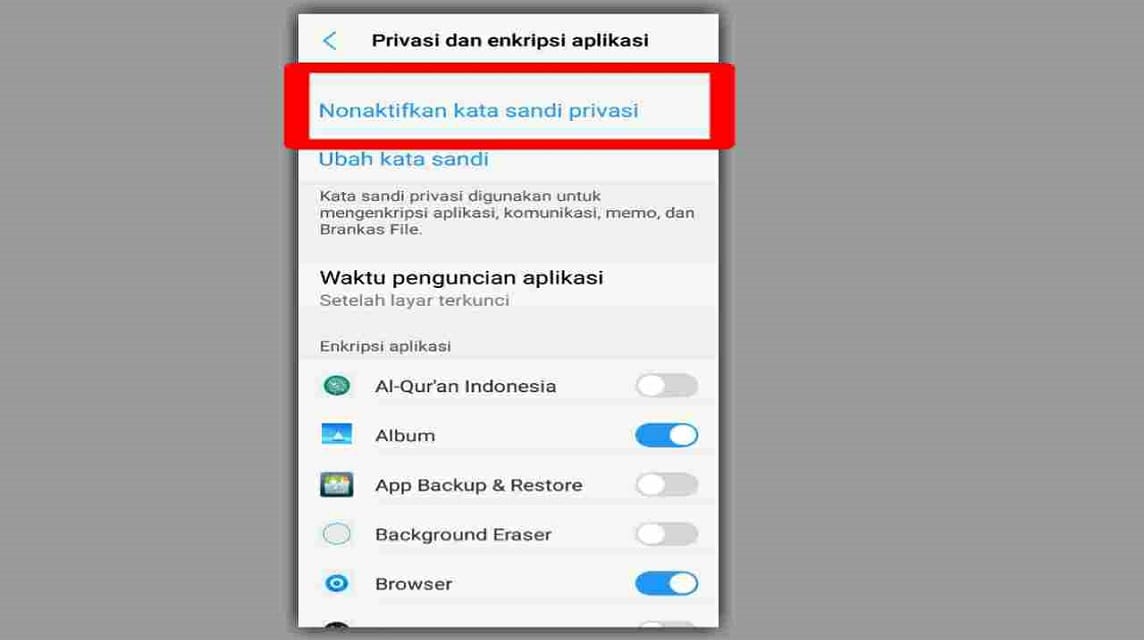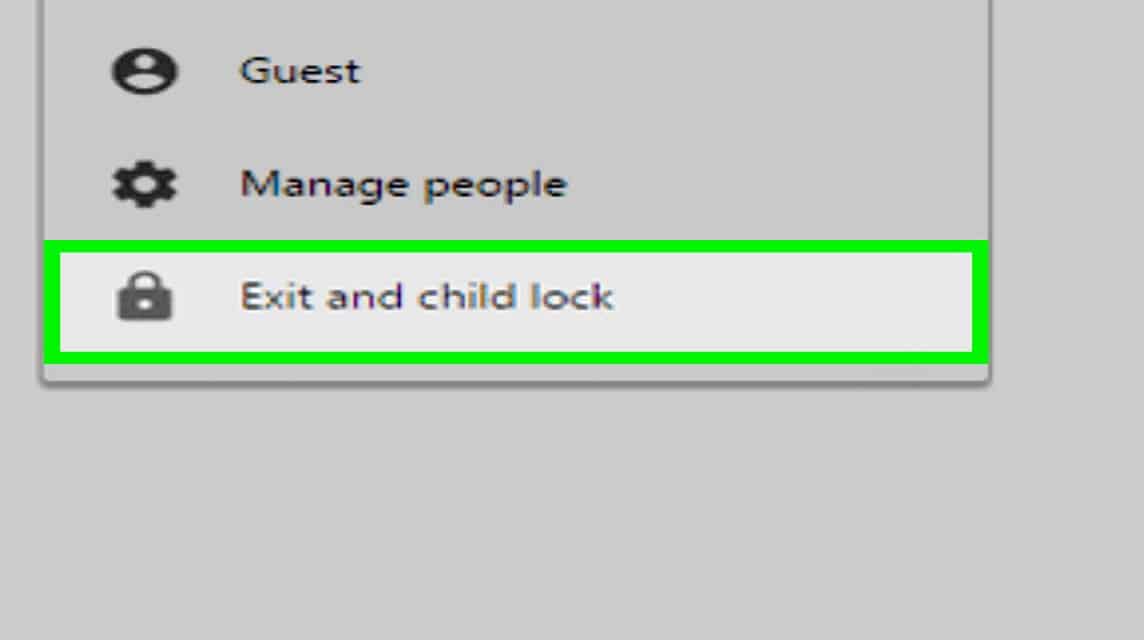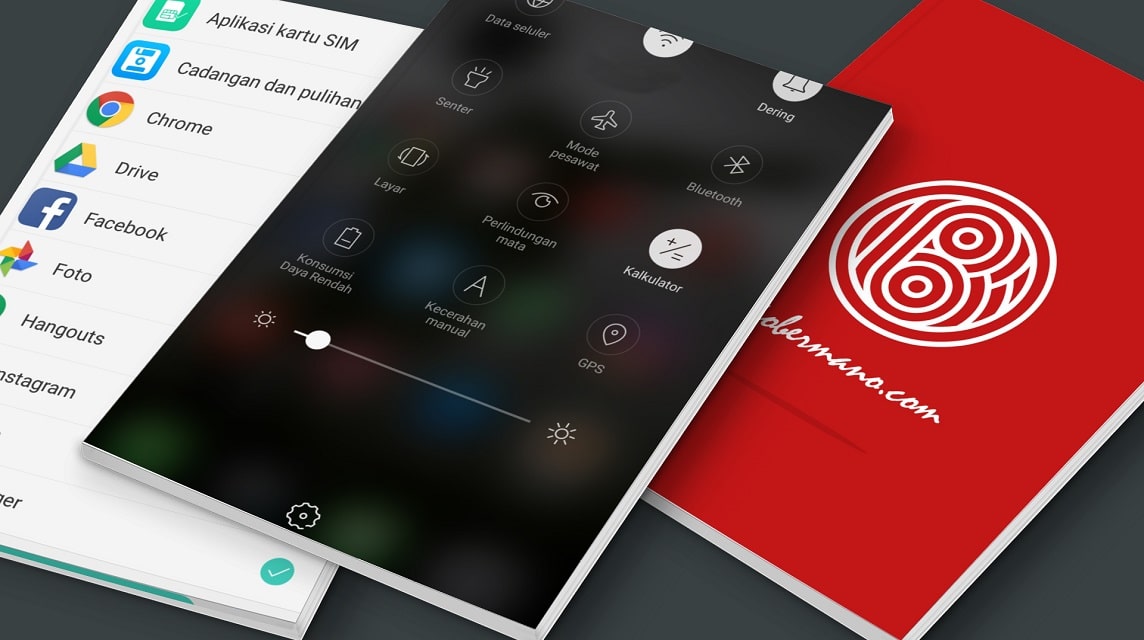It is very easy to learn how to lock apps on an Android phone. Also, you can do it without third-party apps.
A cell phone is a personal communication tool. Therefore, the ability to tamper with other people's phones is not allowed. You have to secure a number of applications on your cellphone to anticipate this.
One way is to lock main applications such as messaging applications, gallery, WhatsApp, social networks, and others.
So, other people cannot use your cellphone without permission and see the personal information on it.
However, do you know how to lock the application?
This time we will review it so that we can find out how to lock applications correctly, quickly and easily.
Also read: Features of Developing Android Applications with Android Studio
How to Lock Android Applications

To lock applications on Android phones, there are several ways that can be done.
You can start using the default features from your cellphone or using an application.
For simplicity, here we have summarized a way to lock Android applications.
Let's see:
Using Screen Lock
Many Android phones have a built-in feature that allows you to lock the screen with a password, pattern or fingerprint. You can activate this feature via Settings > Security > Lock Screen.
Using App Lock App
There are many third-party apps that can help you lock apps with a password, pattern or fingerprint. Some popular apps like AppLock, Norton App Lock, or Perfect App Lock.
Using Personal Features on Android
Some Android devices have a private feature that allows you to lock apps and hide them from others. This feature can usually be found in the phone's personal settings or software.
Using Google Smart Lock
Google Smart Lock is a security feature provided by Google to help you lock apps and devices. This feature can recognize your device and unlock the screen automatically when you use the device.
Using the Sandbox Feature
Some Android devices have a sandbox feature that allows you to run applications in an isolated environment. This feature allows you to lock applications and ensure that personal information remains safe.
Using Child Profile
Some Android devices have a child profile feature that allows you to restrict access to apps and content for children. This feature allows you to lock apps and protect children from inappropriate content.
Advantages of Using the Application Lock Method

There are several advantages of locking apps on Android phones, including:
Protecting Personal Information
Locking apps helps you protect personal information such as contacts, photos, messages and social media accounts from unauthorized parties.
Prevent Unauthorized Access
The app lock ensures that only you can access the information stored in the app. This helps prevent unauthorized access from others.
Ensuring Data Integrity
Locked apps help you ensure the integrity of data stored in apps. This ensures that your information is not lost or damaged by unauthorized access.
Keeping Children Safe
If you have kids who use your device a lot, locking apps helps you protect kids from inappropriate content.
Maintain Privacy
Locking apps helps you maintain your privacy and ensures that personal information isn't shared with others without your permission.
By locking applications on your Android device, you can ensure that personal information remains safe and protected from unauthorized parties.
Make sure to remember the password or pattern you used to lock the app so you can still access the information stored in the app.
Keep Data Security Apart from Locking Applications

Here are some ways to keep data safe without locking apps on Android phones:
- Using a Screen Passcode: You can enable a screen passcode on your Android device to ensure that only you can access it.
- Using App Passwords: Some apps have a password option or lock pattern that you can use to lock access to the app.
- Wipe Data On Sale: If you plan to sell or dispose of your Android device, be sure to delete all data stored on the device.
- Clear Temporary Data: You can delete temporary data such as cache and cookies from your Android device to ensure that personal information cannot be found by others.
- Using an Encrypted Connection: Be sure to use an encrypted connection when accessing personal information or sending information over the internet.
The application lock method above is effective enough to protect personal information and ensure that only you can access the information stored in the application!












